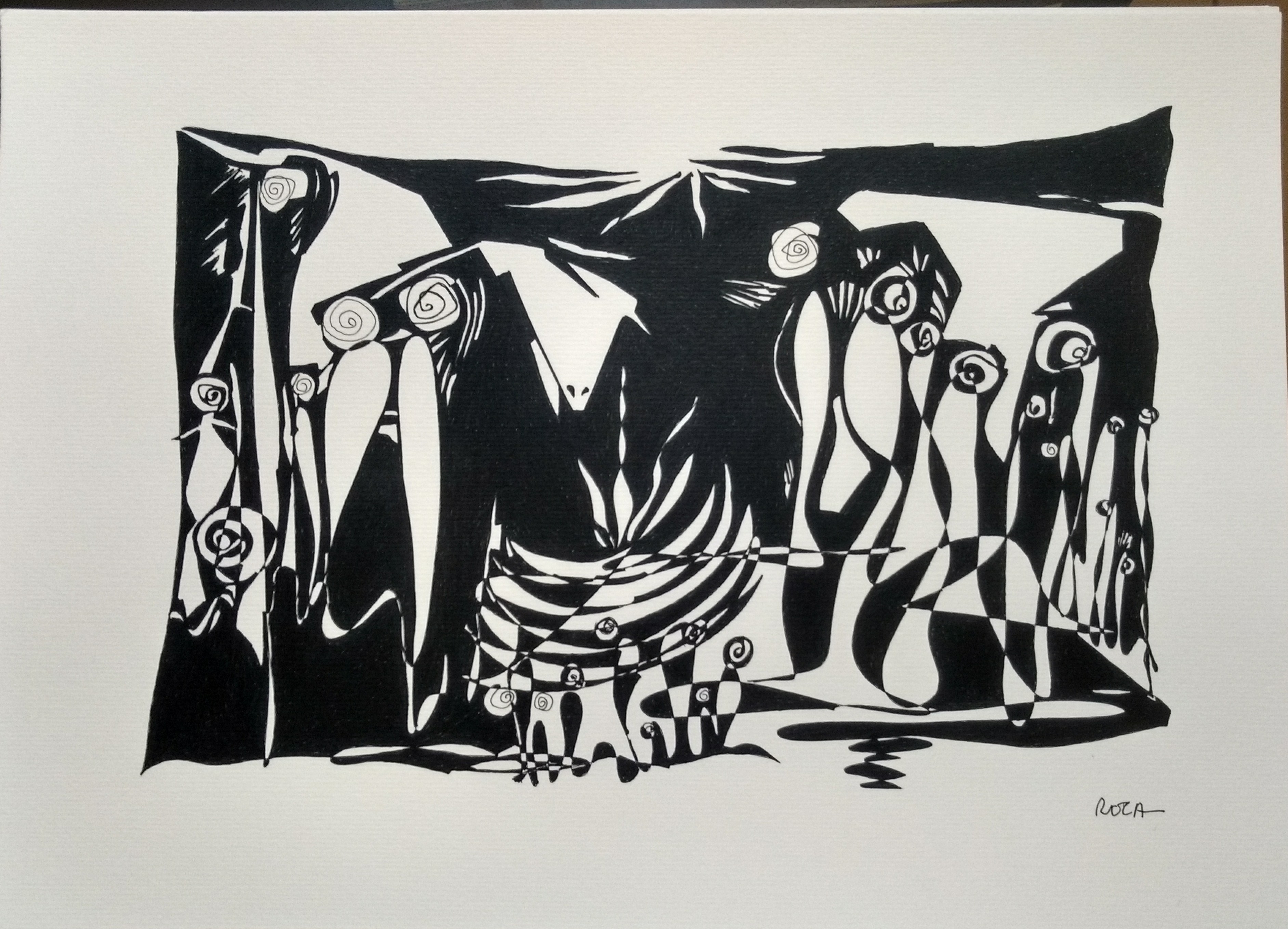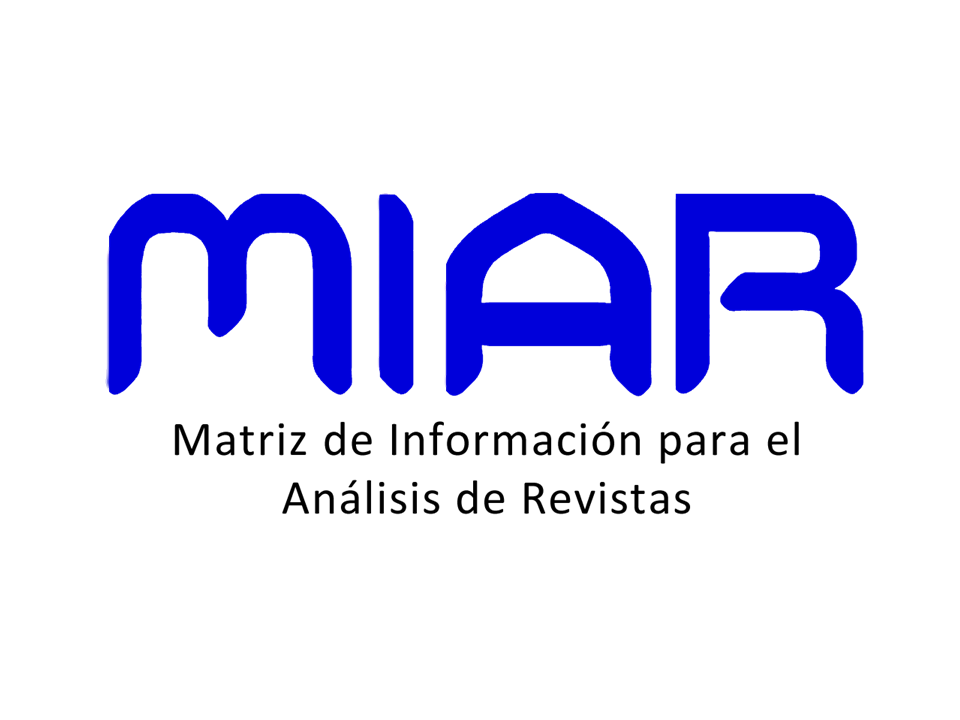THE ROLE OF MULTIMODALITY IN THE ACQUISITION OF PREMATURE CHILDREN'S LANGUAGE
DOI:
https://doi.org/10.22478/ufpb.1983-9979.2019v14n2.48732Abstract
This article aims to present theoretical considerations about the language development of premature children from a multimodal perspective. The methodological procedures involved a brief review of the literature of scientific articles indexed in national and international databases, books, dissertations and theses on the researched theme. After searching, reading and selecting the texts, the results were divided into: 1- Prematurity, 2- Language Acquisition in the multimodal perspective and 3- Language, multimodality and prematurity. In the searched databases it was observed the scarcity of studies that discussed the linguistic performance of premature children, from the multimodality. The studies analyzed showed that children born earlier had a worse performance in language than moderate and late preterm infants, as well as slow acquisition of gesture production, delays in lexicon, pragmatics, and phonology and grammar delays being less diffuse. There was a less favorable risk of pre-verbal and verbal development in preterm infants, and that knowledge was transmitted less frequently through bimodal spoken gestural modality in these children. We can also highlight the role of gestures as a significant predictor of language skills in premature children, positively associated with the development of lexical and morphosyntactic skills. It is noticed the relationship between language acquisition and multimodality in premature children, being relevant the research focused on this theme, assuming the inseparability involved in the gesture-speech matrix. Given the above, it is suggested further studies focused on the multimodal and linguistic aspects of this population, benefiting the understanding of how they reveal themselves or even how strategies for broadening communication can be created, considering the various contexts of circulation of Language with a view to interaction.










